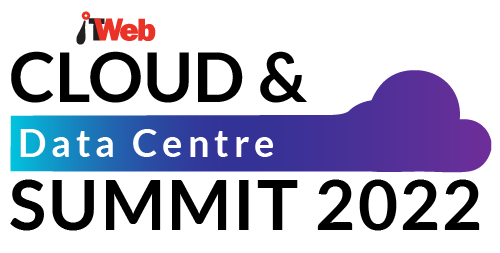STEM Lockdown Digital School begins today
Coding non-profit organisation Africa Teen Geeks, in partnership with the Department of Basic Education and the Sasol Foundation, has introduced a free science, technology, engineering and mathematics (STEM) Lockdown Digital School, through the artificial-intelligence-based educational platform, Ms Zora.
Ms Zora, an e-learning platform, unveiled at the announcement of the 2019 National Senior Certificate Results in January, is a robotics and coding software tool aimed at empowering school pupils across all grades to develop and improve their 21 century skills by serving as both a teacher’s assistant and a personal tutor to the learner.
As SA enters its fourth lockdown day, coronavirus (COVID-19) infections continue to tick up, with the health department reporting 1 280 positive cases in SA this morning.
Governments around the world have closed educational institutions in an attempt to contain the global pandemic.
In support of president Cyril Ramaphosa’s lockdown laws, Africa Teen Geeks says it is offering local matric pupils lockdown classes live from noon today.
Over 34 teachers who work in both public and private schools will offer classes that will be live-streamed on Africa Teen Geeks’ social media pages, Facebook, Twitter, Ms Zora and its Web site, under the supervision of Amanda Calitz, lecturer at the University of the Witwatersrand’s Department of Occupational Therapy.
The first two days will focus only on Grade 12 STEM subjects, maths, physical science and languages. All other grades (grade R to 11) will start their online classes on Wednesday from 8am to 5pm across all subjects, according to Africa Teen Geeks.
“We are grateful that our partners such as Africa Teen Geeks have come on board to support the department,” says Elijah Mhlanga, chief director for communications at the Department of Basic Education.
“We are also acutely aware of the importance of keeping our children safe from all sorts of dangers, including abuse and anxiety caused by COVID-19. In this regard, we encourage families to make use of the material which has been made available by our partners and those interested in seeing the basic education system continuing even under the current circumstances.”
Online, broadcasting resources vital
Last week, minister of communications and digital technologies Stella Ndabeni-Abrahams announced a partnership between her department and the DBE to ensure virtual learning is a reality during the nation-wide lockdown.
Ndabeni-Abrahams said a virtual classroom will be set up where pupils will have access to online and broadcast support resources.
The South African Broadcasting Corporation has also offered several TV and radio channels that will be dedicated to education. Electronic readers have been made available for pupils via online platforms in partnership with Vodacom, MTN, Telkom and Cell C. Pupils will also gain free access to Siyavula Maths and Science support in partnership with MTN, according to the DBE.
Africa Teen Geeks says its virtual classrooms are offered at no cost and sessions will be recorded and posted on the DBE Web site, to allow students to access the content at all times.
“It is our wish as Africa Teen Geeks to reach out, not only to students with the required digital resources but to also extend our services to those in rural places who are at a disadvantage during this lockdown; therefore, we will not rest until our bad becomes better and our better becomes best,” notes Lindiwe Matlali, founder of Africa Teen Geeks.
Africa Teen Geeks has made a callout for teachers from Grade R-12 who have reliable Internet connection and have knowledge on the South African CAPS curriculum.
These educators are encouraged to apply for being part of the STEM Lockdown Digital School by e-mailing their CV and a 40-second clip explaining why they wish to assist South Africa’s youth during the lockdown, by 2 April at 17h00.
“Digital learning and free online textbooks form an integral part of our existing, multi-dimensional interventions to contribute to the upliftment of STEM education in SA. During this time of crisis, these resources are becoming even more relevant in ensuring our children’s development continues to be supported,” comments Anacletta Koloko, programme practitioner, corporate affairs at Sasol Foundation.


